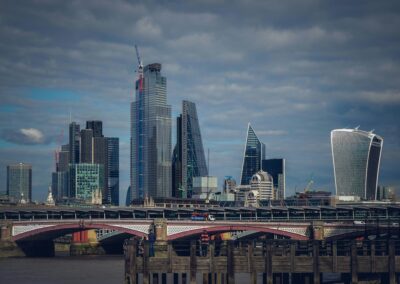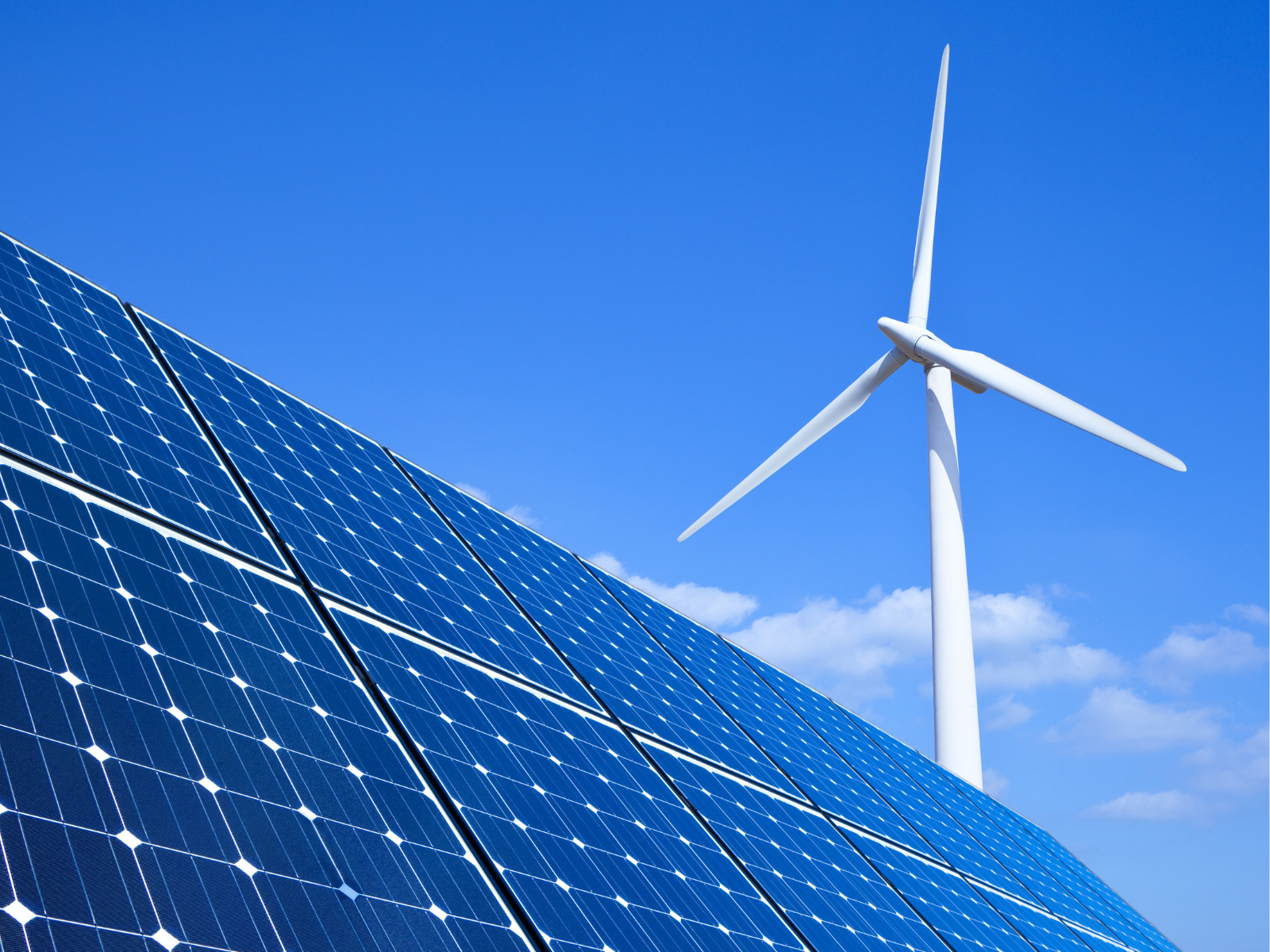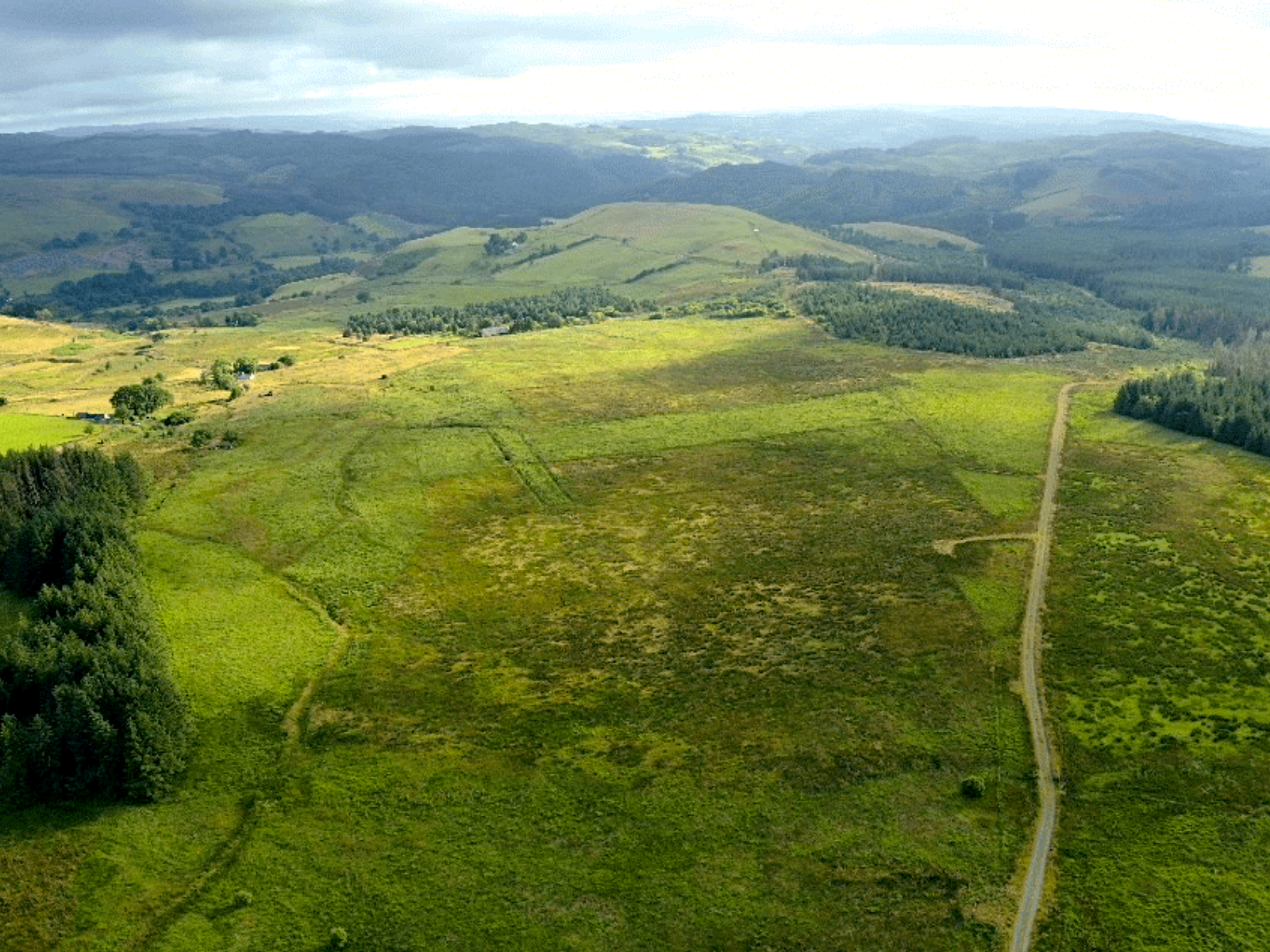Net zero and sustainable development
Reaching a durable net zero will require global transitions that are both sustainable and equitable. Net zero plans by countries and non-state actors need to be aligned with complementary sustainability objectives and enforced using rigorous quality standards, centring fairness and prosperity.
This research theme is separated into three parts: an equitable transition, socio-ecological sustainability, and the generation of new economic opportunities.
EQUITABLE TRANSITION
The burden of meeting global net zero must be shared fairly.
The Paris Agreement emphasises the need for an equitable transition – in efforts to reduce poverty, net zero needs to be achieved in the context of sustainable development.
A balancing of responsibilities will therefore be required, as the global peaking of emissions may take longer for developing countries.
Different countries and non-state entities should tailor their paths to net zero, based on their national circumstances, with some reaching net zero faster to enable those in developing countries to achieve their sustainable development goals.
SOcio-ecological sustainability
To address the global issue of climate change, it is crucial we achieve durable net zero by 2050. In order to achieve durable net zero without negative ecological and social consequences, plans need to be aligned with complementary sustainability objectives. Climate change is interlinked with other socio-ecological challenges, many of which have the same root causes. Climate change exacerbates these stressors, acting as a ‘threat multiplier’ and negatively impacting ecosystems and the communities that depend on them.
Biodiversity is a key determinant of ecosystem health and resilience, providing multiple benefits to society. Despite this, biodiversity is often overlooked in climate change policies. Many current net zero plans that focus only on carbon storage, such as planting monocultures of non-native trees, can impose negative consequences on biodiversity and local populations. To avoid this and instead deliver benefits to ecosystems and society, net zero plans need to be aligned with complementary objectives that protect and enhance the delivery of ecosystem services and are embedded into broader strategies for socio-ecological sustainability.
new economic opportunities
Net-zero prosperity can materialise through multiple channels. Zero-carbon solutions have additional benefits in the form of cleaner air, healthier lifestyles and more livable cities. Clean investment can generate new business opportunities, both directly and in the supply chain. Clean innovation can lead to cycles of renewal and growth. Clean solutions like renewable energy and electric vehicles already save money today, when judged on a lifecycle basis.
But realising these opportunities raises challenges. Vested interests are entrenched, and harmful market and policy failures (e.g. fossil fuel subsidies) prevail. The net-zero economy requires new skills, which may necessitate difficult adjustments and retraining. The high upfront costs of net-zero solutions can be a barrier to capital-constrained households and economies with high costs of capital.
To overcome these barriers and ensure a fair transition, policy incentives, cross-sector collaboration, generous social protection and investment in education and skills are required.
OTHER RESEARCH THEMES
News and Events

Kaya Axelsson named one of the UK’s 100 most impactful sustainability leaders
We're delighted to announce that Kaya Axelsson, our Net Zero Policy Engagement Fellow, has been named by edie as one of the UK's 100 most impactful sustainability leaders. Edie is a prominent UK business, media and publishing network that ... Read more

Oxford Net Zero marks five years and looks to the future
When Oxford Net Zero started in 2021, it was the very first programme to receive seed funding from the University's new Strategic Research Fund (SRF). Over the past five years, our programme has brought together researchers from across the ... Read more

Expert Comment: Should the UK relax clean energy targets?
(First published on the University of Oxford's news site. View the original here.) Dr Stuart Jenkins, Oxford Net Zero Research Fellow on Net Zero for the Fossil Fuel Sector, assesses whether new North Sea oil and gas strengthens the UK’s ... Read more

Oxford Net Zero reflects on COP30
Members of Oxford Net Zero travelled to Belém, Brazil last month to contribute their expertise at the COP30 summit. This year marked 30 years of COP and 10 years since the Paris Agreement. After so many rounds of negotiations, COP30 was to ... Read more

SBTi Releases Second Draft of Corporate Net Zero Standard: Key Updates for Professional Services
The Science Based Targets Initiative (SBTi) has released the second draft of its updated Corporate Net-Zero Standard, marking the first major revision in more than four years and introducing significant new guidance for professional service ... Read more

New plan aims to make public procurement a force for climate action
Today at COP30 in Belém, the Government of Brazil announced an ambitious plan to drive action on climate change using the power of public procurement. The Belém Declaration on Sustainable Public Procurement establishes concrete measures to move ... Read more






